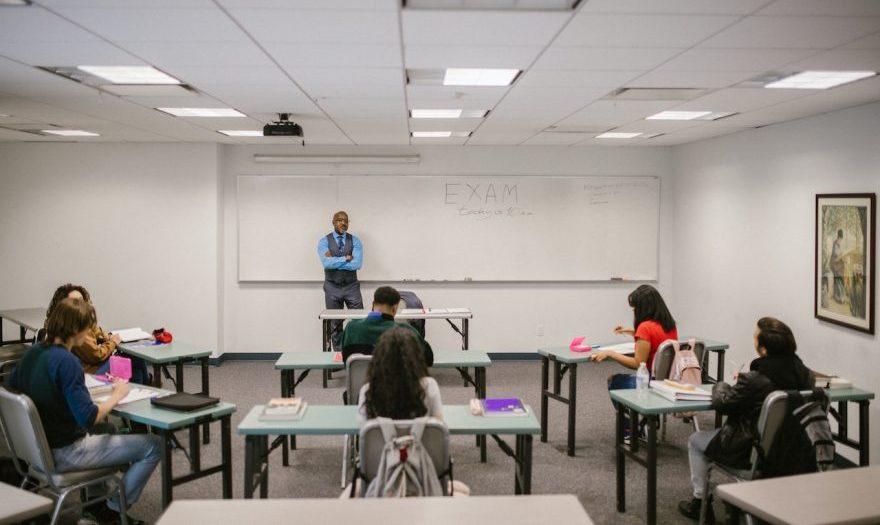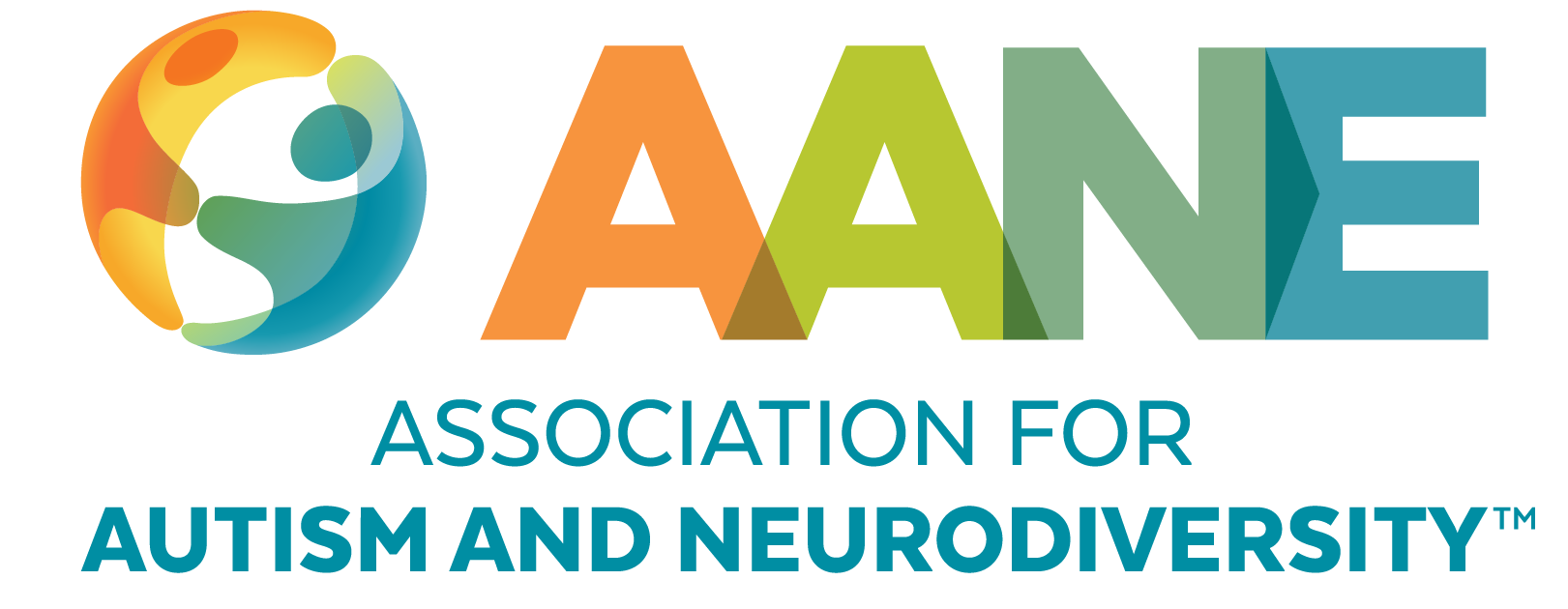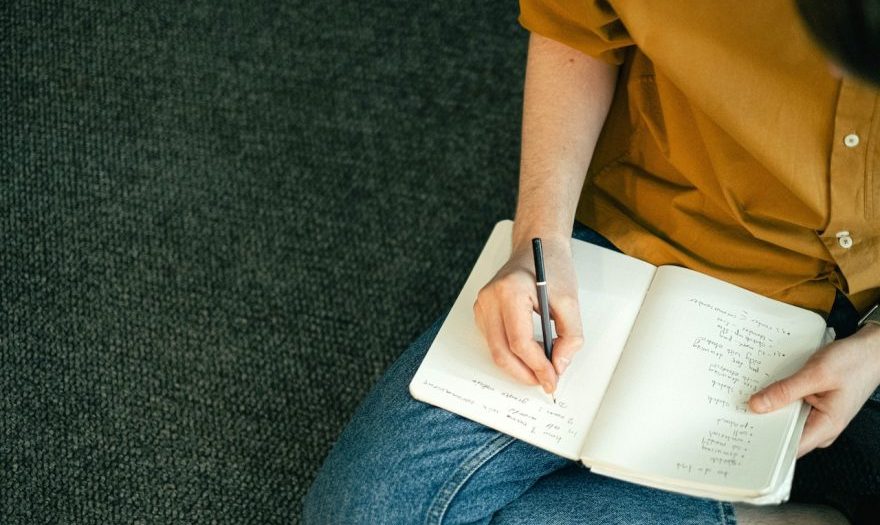
Education and Dismantling Ableism in the Classroom
About the Author
“My writer’s name is Elizabeth Jacob. I have ASD, which means I am autistic. I love to smile and I love life. I love to laugh and make others laugh too. I love people, and to make a difference in someone’s life is what my heart desires. I love to write, and I wrote before I could speak. I love to show the world that us disabled people have abilities if we are given the chance.”

Dismantling ableism in the classroom is not a complicated thing but one has to be willing to have the heart that cares. I went through my four-year college for a degree in social work as a disabled person ( not yet diagnosed with ASD). The diagnoses I had at that time were a severe learning disability, PTSD, eye disorder and schizophrenia which eventually got changed to LD, PTSD/Trauma and ASD. But I remember I was told that I would never graduate or make it in the social work field. This was due to poor writing and communication weakness.
I had one social worker teacher tell me that I could not receive the accommodation that I needed and she refused to sign the paperwork. The reason why she said that was because she stated that mostly all the students like me she had would use the excuse of accommodation to miss class and not be held accountable. They would take advantage of it. I never missed a class and worked harder than any students she had met. In the end, she apologized to me because she said that she never had a student like me. She said that she never had a student who worked so hard and never missed a class and the dedication she saw in me made her want to apologize.
We students were given a major paper to do and guidelines to follow. One of the guidelines was to find an article that was five years old and if it was older, we had to ask her. I did and she was okay with it. She informed me that I got the highest grade of 98 (I think) and I informed her that I should have gotten 100. She thought I debated her but I was telling her that according to her guidelines she did approve the article, but then she said the opposite. I do not think she realized that I take things literally.
After she finished speaking, I informed her that she needed to lighten up and not judge a student based on every student. I informed her that while I do not pay for my class, I was determined to not waste time and had to work harder than any other student just to produce my best. I went on to tell her that I hope she never does what she did to me to another student, but allows a student to be themselves. Even though I surprised her I wanted her to know that each student is different and to embrace the diversity of the disabled population not as a group but individually.
I was, in a way, homeless at the time I was in college and I wanted to make something
of my life and did not want to depend on anyone. Therefore, I was determined to do whatever it took to graduate, so I did not miss class at all if I could help it. Sometimes I had to take multiple buses, but none of the teachers knew this until my internship and things got worse. The internship supervisor got me kicked out of my internship and degree because my social skills and written skills are poor. My advisor, Amy, and the office of students with disabilities knew and fought for me because I was determined to succeed. A student called me and told me that there was going to be a protest on campus because of what happened to me, but I asked the students not to. The meeting was hard on me but after I determined to take three more classes in a different area to graduate.
The signs of ableism are demonstrated in classrooms all over the country and what educators fail to realize is that there are students like me who need the help to succeed and not every student is alike. She did not know my story and judged me based on disability and what she thought she knew is far from the point of embracing equity. I had no family, had escaped abuse for the first 30 years of my life and lived one step away from being completely homeless. Plus I never asked to be disabled. Having the support of more than an advisor and the right diagnosis and teachers who are willing to team up with students like me would have made a big difference. They didn’t understand I had to escape from abuse and was doing my best.
Nothing ever came easy for me and I had to work three times as hard to get things down. I was limited in speech and written skills, but to have teachers not judge me, see how determined I was, and team up with me would have been a huge help. It is not just for me but all disabled students or people because we most times are the only ones who know our stories and how hard we wish to be allowed to live, attend school, work, etc. freely just like anyone else. Fighting against me and refusing to sign a paper that was there to support me could have caused me not to earn my BSW. I used my experience to make sure my clients got what they needed and reinforce that my clients were important and needed to be treated as human. When I had to stop work, I received an employee of the year award within the first year and a half of working. I found out in 2019 that the state was looking to hire me because they had never seen a worker like me. I took the approach no one left out, NO ONE. I understand what it felt like to be left out and not treated like I was capable but felt what support was like based on my advisor and students who were going to protest. Imagine how my college years would have been pleasant and rewarding if I was given as much support from teachers as I did from the office of students with disabilities.
To dismantle ableism in the classroom is to have every advisor team up with their students who are disabled and stand by them and fight with them to ensure that every student gets what they need to have an equal chance as non-disabled person. It was what helped me, and I turned around and passed it on in the work field. It does not matter so much on the gender or race, but each person is human and we all need help sooner or later. I am grateful for my advisor and what she did and she would not back down until I graduated.
Both students and advisors should be willing to advocate together and no matter never stop. It will be a lot of work to dismantle ableism in the classroom but it is not impossible. The secret is that each disabled person shows each teacher what we can do when given the accommodations we need to be equal to our peers. Show them that we aren’t lazy and we work hard, even if it means debating them when you get the highest score
Stay Current
Subscribe for AANE weekly emails, monthly news, updates, and more!




